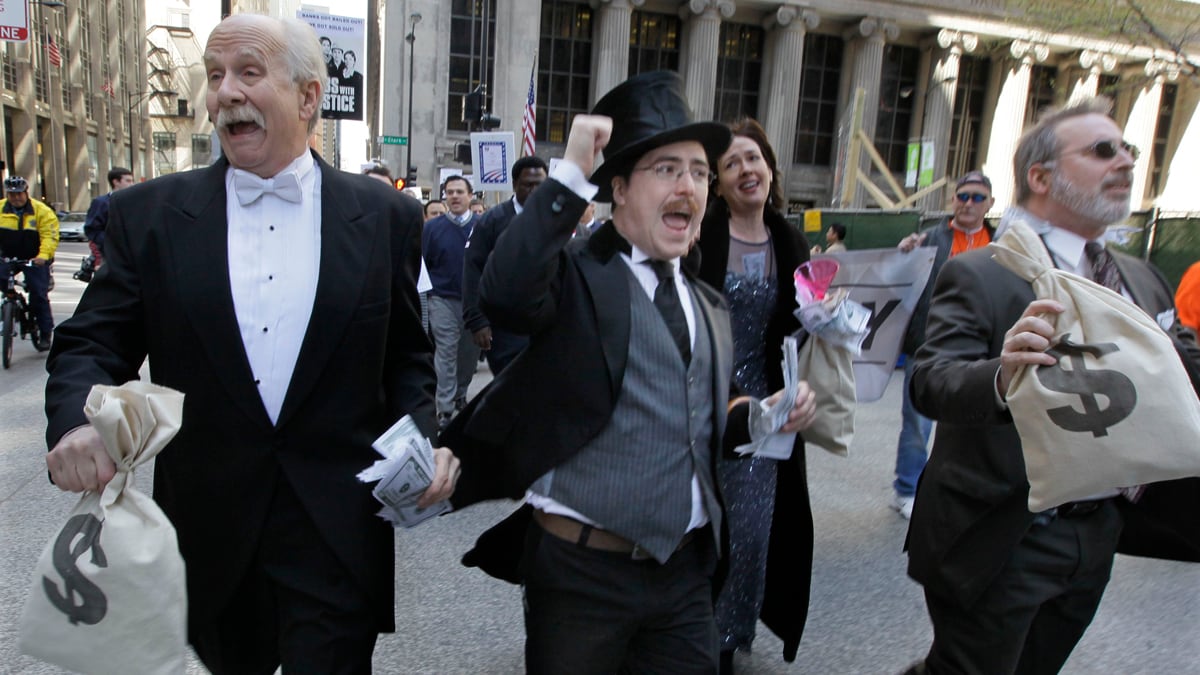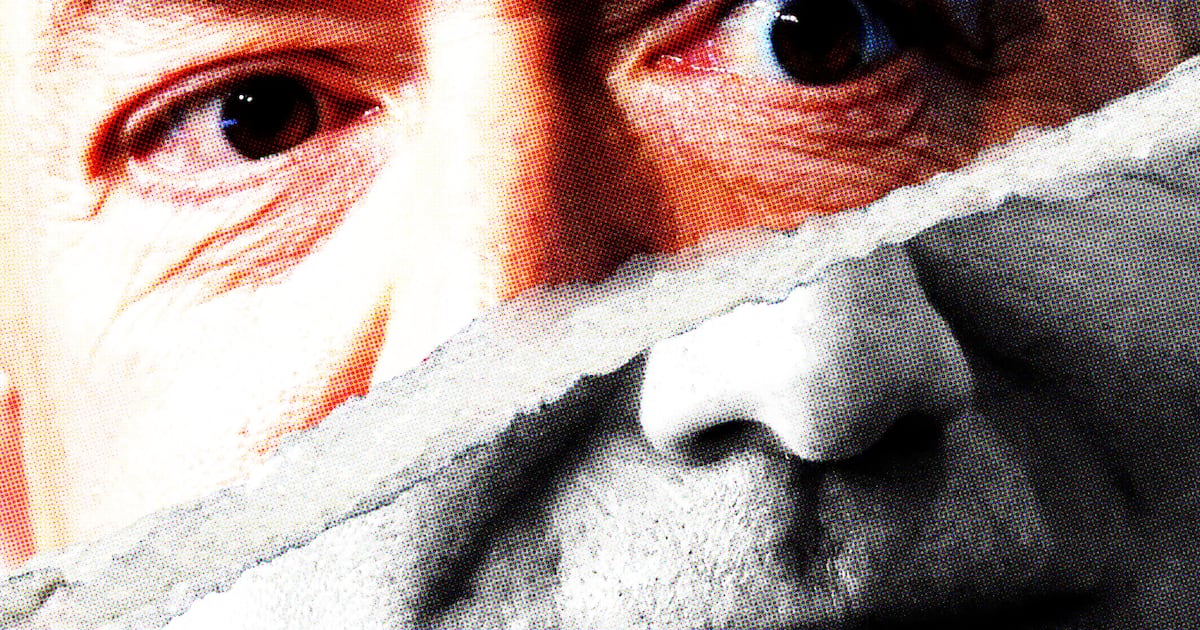
John Taylor recounts a recent speech at Stanford by former Wells Fargo CEO Dick Kovacevich. The former CEO is highly critical of the way TARP was administered and now feels the need to speak out:
In his speech, Kovacevich first described how he and the other bankers were told at that meeting that they had to accept the funds. He then paused and said to the Stanford audience: “You might ask why didn’t I just say no, and not accept TARP funds.” He then explained: “As my comments were heading in that direction, Hank Paulson turned to Chairman Bernanke, who was sitting next to him and said ‘Your primary regulator is sitting right here. If you refuse to accept these TARP funds, he will declare you capital deficient Monday morning.’ This was being said when we were a triple A rated bank. ‘Is this America?’ I said to myself.”
At that time Wells Fargo was in process of acquiring Wachovia and such a declaration would have killed the deal. According to Kovacevich: “It was truly a godfather moment. They made us an offer we couldn’t refuse. At that time Wells Fargo was in process of acquiring Wachovia and such a declaration would have killed the deal. According to Kovacevich: “It was truly a godfather moment. They made us an offer we couldn’t refuse.” It was also truly a deviation from the principles of economic freedom, such as those I have highlighted in my book First Principles—predicable policy, rule of law, reliance on markets, limited scope for government. One can debate whether those deviations were appropriate, but they were clearly deviations.
ADVERTISEMENT
Taylor then points to an even more ominous deviation:
During the question and answer period after his talk, I asked Dick Kovacevich why more business people were not speaking out on this important issue. He explained how he had in fact waited a long time after he left Wells Fargo before speaking out because he did not want to risk some kind of retribution. He said he thought many others had a “fear” of speaking out.”
In their book Free to Choose Milton and Rose Friedman wrote about this problem: “Restrictions on economic freedom inevitably affect freedom in general, even such areas as freedom of speech and press.” (p. 67) They quoted from a letter they received from business executive Lee Grace. I was reminded of this letter when I heard Dick Kovacevich answer my question. In the letter Grace had said “We grow timid against speaking out for truth…government harassment is a powerful weapon against freedom of speech.”
It's very troubling that a business leader would feel that he risked retribution for speaking his mind about government policy. But it's worth asking: are those fears in any way well-founded? From the outside, it looks like the worst thing the US government has done to banks since 2008 was to stuff them full of money, and then lend them more at near-zero rates.





